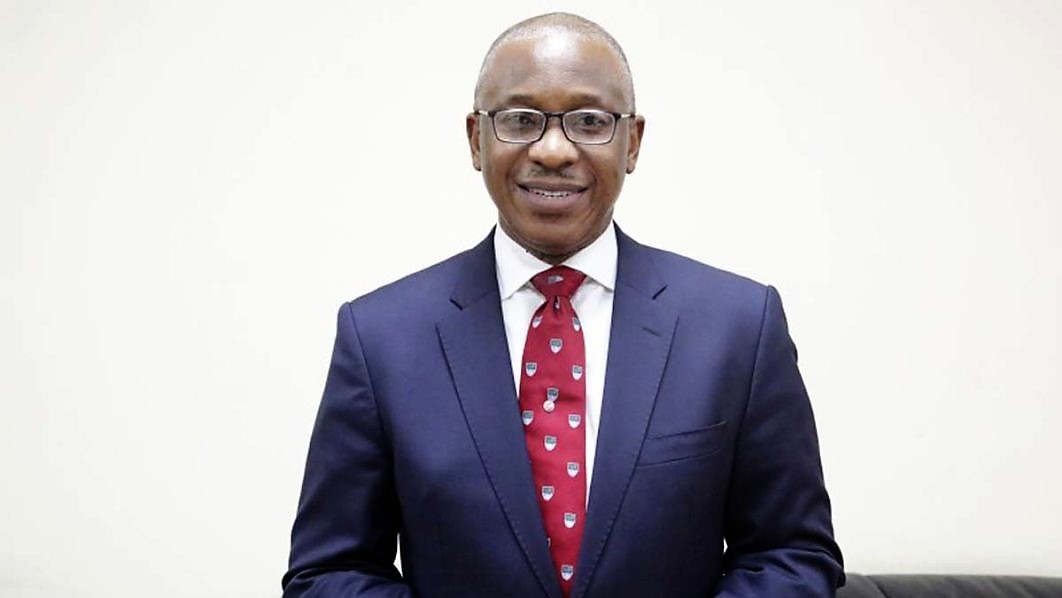The Director-General, Bureau of Public Enterprises (BPE), Alex Okoh, has reiterated the commitment of the bureau to optimise Federal Government’s assets through private sector investment.
Speaking at a media event in Abuja on Tuesday, Okoh stated there was a need for the Federal Government to rely less on borrowing and look to private sector investments to fund its fiscal plans.
He said the present government was free market- and private sector-oriented, which would encourage the private sector to play a more dominant role in the economy.
He said this was against previously keeping everything within government, even when inefficiently managed.
Why there’s zero allocation for Mambilla power project in 2024 budget — FG
TUC to FG: Pay N35,000 wage award or face our wrath
Okoh noted, “The President has been engaging the international investment community with the same message that Nigeria is open for business. The signal we are sending is that we have the opportunities for foreign direct investments to locate opportunities within the sector.
“For us, it is the way to go. We cannot borrow ourselves out of this problem because the more you borrow the deeper you dig the hole. Our position has always been that we need to optimise the assets the Federal Government has and rely less on borrowing to fund our fiscal plan.
“That is the role we will continue to play and more aggressively in 2024.”
Okoh said the size of Nigeria’s infrastructure stock to Gross Domestic Product (GDP) was about 35 per cent, which he said was low for the size of the economy.
He said other African countries considered to be ranked below Nigeria had a higher infrastructure stock to GDP compared to Nigeria, citing Ghana’s infrastructure stock to GDP as 45 per cent; South Africa at about 70 per cent, and Egypt at about 68 per cent.
He added, “So imagine if we can raise the level of the infrastructure stock, we can imagine the multiplier effect and impact on Nigeria’s GDP. So, we need to rethink how we want to grow this economy and create prosperity for the citizens.”
Okoh called on the media to help in properly framing the narrative of economic liberalisation and opening the economy for private sector participation.
He stated, “We are not just dashing assets that are considered national patrimony to people anyhow. We reason through each privatisation and strategy we are adopting before we go ahead to take those decisions. More goes into the assets optimisation mandate of the bureau.
“There is a lot of efficiency brought into the management of these assets as a result of privatisation, commercialisation and concessioning of those assets rather than keeping them under the inefficient management of government.”
Okoh said the best business of the government was to provide an enabling environment for businesses to thrive.

 Join Daily Trust WhatsApp Community For Quick Access To News and Happenings Around You.
Join Daily Trust WhatsApp Community For Quick Access To News and Happenings Around You.


